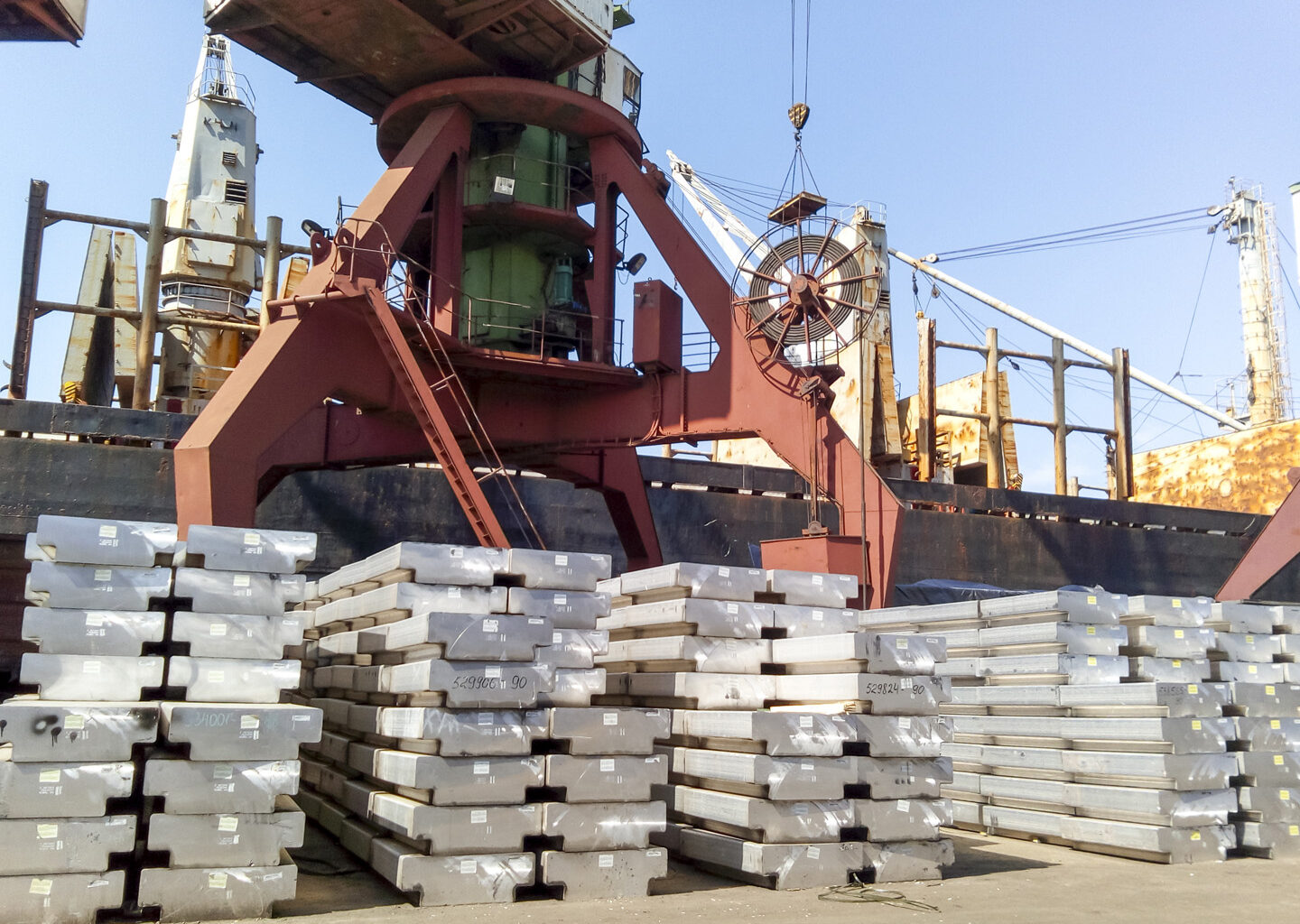On 8 November 2022, Parliament approved rules to counteract market-distorting foreign subsidies to companies operating in the EU. These subsidies can create an uneven playing field and make it more difficult for European companies to compete. MEPs want the European Commission to have the power to investigate and counteract these foreign subsidies granted to companies set to acquire EU businesses or take part in EU public procurement.
Fighting economic blackmail
A new EU tool called the anti-coercion instrument will be used to fight economic threats and unfair trade restrictions by non-EU countries.
The aim of the anti-coercion tool is to act as a deterrent, allowing the EU to resolve trade conflicts through negotiation.
However, as a last resort it could be used to launch countermeasures against a non-EU country, including a wide range of restrictions related to trade, investment and funding.
Parliament and Council reached an agreement on the final text of the legislation in June 2023, which was approved by MEPs on 3 October 2023.
Going bananas: examples of trade conflicts
The US and the EU have clashed over trade on various occasions, for example over duties on bananas, which made it easier for some countries in Africa, Caribbean and the Pacific to export to the EU at the expense of Latin American countries.
In 2018, the US imposed additional import duties on steel and aluminium imports, which MEPs called unacceptable and incompatible with WTO rules. In addition they were concerned about US customs duties on Spanish olives, which the country imposed that same year.
The EU has also been at odds with the US and Canada over beef treated with hormones, which it considered a potential health hazard. This was only resolved in 2012 when the EU agreed to increase imports of hormone-free beef from the two countries.
